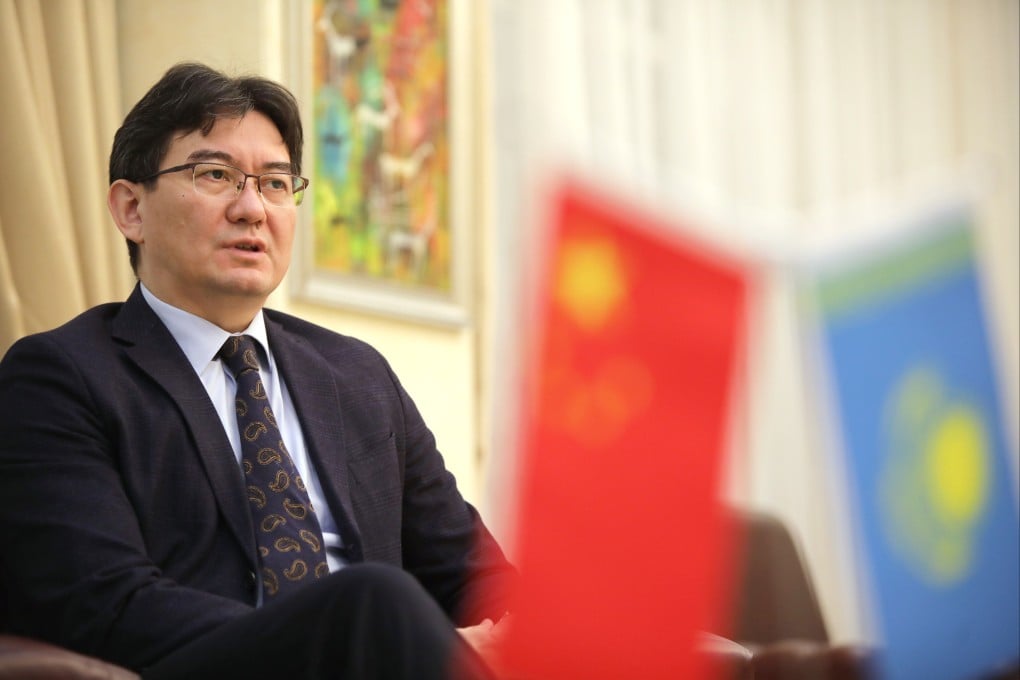Kazakhstani ambassador Gabit Koishibayev on China, protests and prospects for ties
- Koishibayev explores the causes of the unrest in the Central Asian state in the last few weeks
- He also discusses areas of potential cooperation between the two countries

Q: What is the situation in Kazakhstan now?
A: The situation has been fully stabilised and all counterterrorism operations have come to an end. Peacekeeping forces were pulled out from Kazakhstan on January 19.
The new Kazakhstani government is now facing a new task to work on the country’s new economic policies. Meanwhile, investigations into the unrest have been under way to find those responsible. We believe the results will be released very soon.
Q: Is there any evidence of foreign interference?
A: The protest began peacefully in the western part of Kazakhstan but ended up in massive violent unrest.
However, there are reasons to suppose that some organised terrorist or extremist criminal groups were involved in organising the riots. The law enforcement agencies of Kazakhstan are investigating the causes of the riots, which we believe will be made public soon.